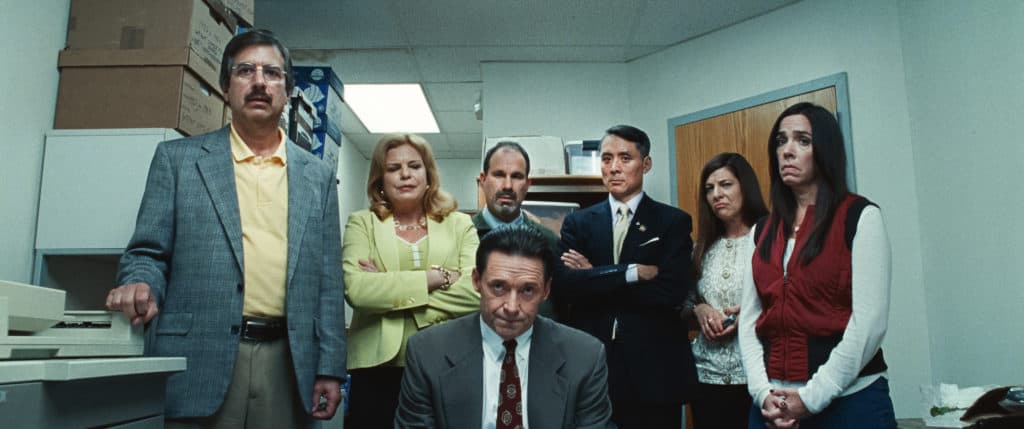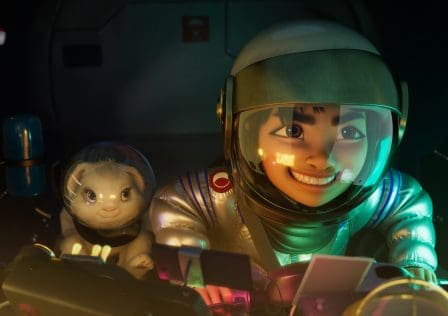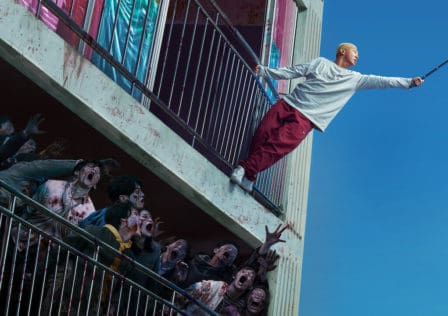What constitutes a good teacher? Is it the teacher that exhibits the values we’ve attached to educators; the ones who are upright and caring and stern when need be? Or is it the teacher with the highest passing numbers in their classes; who helps their school with the best rankings?
Sometimes I feel that things boil down into a battle between integrity and results. I’ve had various teachers in my life, some who could barely get a class to pay attention but have imparted life-affirming lessons to me; and some who handed out exam tips and forecasts because their goal was not to educate, but to ensure we got the results required to get the jobs we need. I’ve benefited from both.
Teaching is a difficult job, and we often gauge schools and teachers on metrics that don’t necessarily determine quality. If an institution which annual budget depends on how many students ace their compulsory exams, how far would they go to ensure that? How much can we blame them?
This complex look into ethics and morality sits at the core of Cory Finley’s Bad Education, set to air on HBO 26 April 2020. Based on a true school scandal in Nassau County, New York, the movie isn’t an argument of what’s right or wrong. Rather, it’s an exploration of how people justify making the bad choices they make – justifications you can understand, even if you know it’s wrong.
Frank Tassone (Hugh Jackman) is a superintendent that seems to have both integrity and results. Tassone is charismatic and charming. He remembers students, tells them that they’re worth more, and pushes them to try. Together with his assistant superintendent Pam Gluckin (Allison Janney), he has taken their school into another successful year. The students are getting into major colleges, and they now have the finances to build a “skywalk” for the school. Thanks to this, real estate in the area has risen in value. Everything is looking peachy.
But it’s a peach with blemishes under its lustrous exterior – something which a writer for the school newspaper, Rachel Kellog (Geraldine Viswanathan), discovers as she eschews the puff piece she was supposed to write to dig deeper into the account books. Either someone is really bad at accounting, or they’re making lots of taxpayers money disappear into thin air.
Bad Education is about the hidden dirt underneath polished fingernails. The public may be enamoured by the school’s results and exciting skywalk project, but the school itself has leaky ceilings that go unfixed. The school board touts the importance of the school towards public education, but they reap monetary benefits and only see a potential scandal as affecting the value of the school and town, but not the students.
The same can be said of Lyle Vincent’s classy cinematography and Mike Makowsky’s sharp script, which layers the film’s duller colours and sombre mood with black humour and charm. It’s not quite as audacious as, say, 1999’s Election (which remains one of the best satires of school politics), but Bad Education is hilarious without diminishing the rather serious subject matter.
But it’s in exploring the underlying person behind the veneer they put up that Bad Education becomes a class act – an aspect that wouldn’t work quite as well without Cory Finley’s direction and the superb cast. Allison Janney is, as when she was in I, Tonya, a force to be reckoned with – able to acutely portray the indignity and rage that comes from being ousted as a “villain” rather than remorse. It’s also great to see Geraldine Viswanathan – who stole the show as the stereotype-breaking, foul-mouthed Kayla in the 2018 comedy Blockers – now finding range in playing a sullen but tenacious teenager with tough choices to make.
But no one embodies the movie’s themes quite as much as Hugh Jackman, whose performance as Frank Tassone will go down as one of his career best. Tassone is a complex character who, as the film goes along, began to blur the line between what is performative and what’s real. It works because The Greatest Showman himself is able to capture the nuance of that complexity – how much of his care towards helping his students are indeed spoken from Tassone’s passion, or how much of it is an act? Does he truly believe in his own justifications? Who Tassone is, in the end, is just as unclear as he was in the beginning.
And that, ultimately, is why Bad Education works. It’s a movie that’s not about glorifying and forgiving people who did bad things, but humanises them – to tell us that despite their actions, they’re people who believe they’re right, who would give as easily as they would take from others. It’s a lesson worth having.
Also published on Medium.

makes it a life goal to annoy everyone with random Disney trivia. When he’s not staring at a screen or holding a controller of some sort, he is thinking about curry noodles. Like right now.



